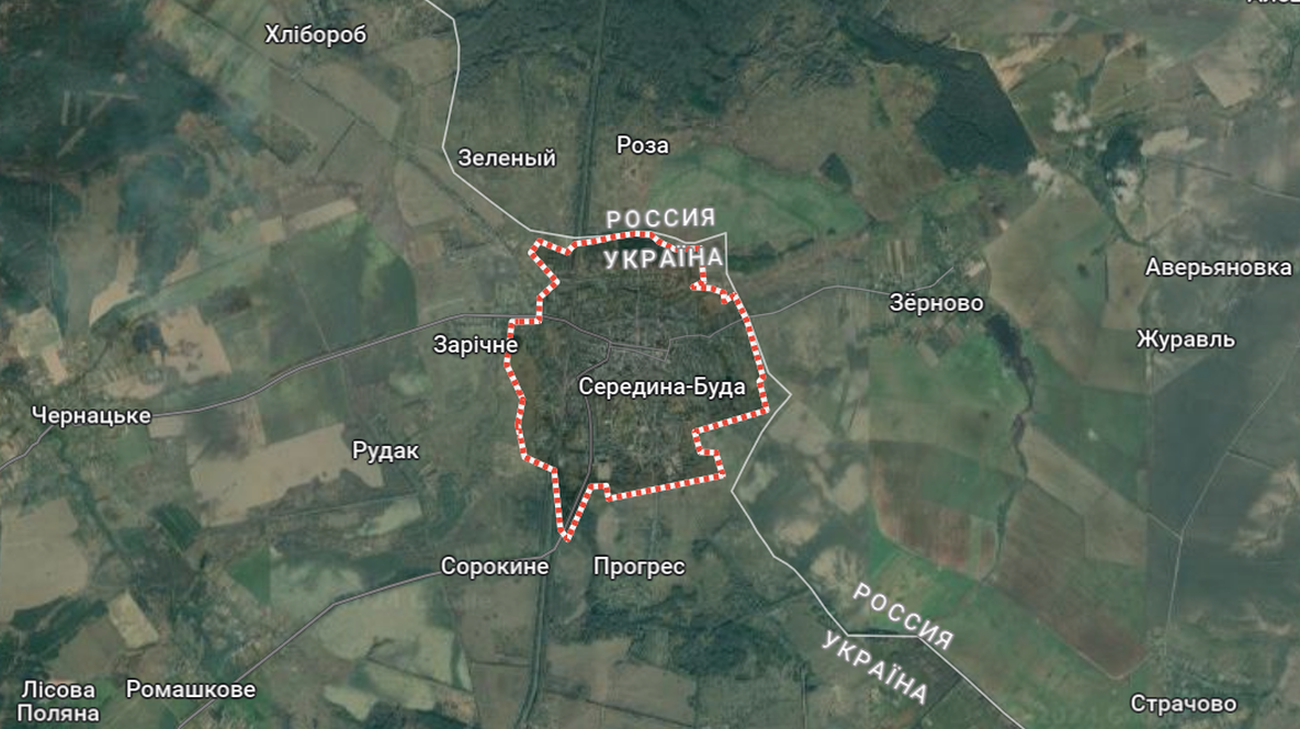Crimea on brink of environmental collapse after Kerch Bridge construction, experts say
Environmental experts raise alarms over the severe pollution of Crimea’s Black Sea coastline, which they attribute to military drills, infrastructure damage, and toxic spills. Occupied Crimea faces a looming ecological catastrophe, with restricted beach access and devastated natural reserves.


Oleksii Vasyliuk, an environmental expert and head of the board of the NGO “Ukrainian Nature Conservation Group,” has warned of ecological disaster in Crimea after Russian occupation, according to UkrInform.
The construction of the Kerch Bridge, fortifications, fuel spills into the sea, and missile strikes on nature reserves in the peninsula have severely polluted the coastal areas of the Black Sea.
“The coastal areas in Crimea are edging closer to an ecological disaster. The large number of military vessels constantly stationed off Crimea’s coast has destroyed deep-water sewage systems. The scale of pollution is so vast that even the occupying authorities in many cities along Crimea’s southern coast have banned access to the beaches for locals,” he said.
Vasyliuk also pointed out that the systematic, large-scale military drills carried out by the occupiers in preparation for their full-scale invasion in 2022 inflicted further environmental damage in Crimea.
These exercises were conducted in protected areas on the Kerch Peninsula, including the Opuk Nature Reserve. During military training, missile strikes hit the reserve, and Vasyliuk added that the damage to this natural reserve has been substantial.
He further noted that the construction of the Kerch Bridge has significantly obstructed the Kerch Strait, which is vital for dolphins and numerous fish species that spawn in the Sea of Azov and migrate to the Black Sea.
The expert emphasized that Crimea’s environment is also suffering from new development projects and the construction of additional military bases on the peninsula.
“The construction of the ‘Tavrida’ highway wiped out extensive natural areas, ancient burial mounds, and archaeological sites. The road has split the Kerch Peninsula’s ecosystem in two. The final kilometers of this highway resulted in the largest deforestation in Crimea,” he explained.
Meanwhile, Viktor Parkhomenko, a researcher on the environmental impact of warfare and an expert with the “Ukrainian Nature Conservation Group,” highlighted that missile launches from Crimea targeting Ukraine in 2022 contributed to further pollution of the Black Sea. Due to technical failures, some missiles fell into the sea, releasing highly toxic fuel spills.
Parkhomenko also mentioned that the construction of fortifications has significantly affected Crimea’s natural environment.
“These are not just trenches but massive underground structures. The question is, what will happen to them later?” the expert remarked.
The length of these trenches exceeds 70 kilometers, and their building has had a catastrophic impact on the region’s ecosystems.
Read more:
- Kursk operation seen as rehearsal for Crimea’s liberation, says Crimean Tatar leader
- Ukraine says it sank Russian submarine, damaged four S-400 launchers in Crimea
- Ukraine forces Russian fleet out of Crimea, but recapturing peninsula remains daunting task, experts say
- For Crimean Tatars, Crimea’s liberation is a question of national survival
- Crimean Tatar political prisoner died in a Russian prison



